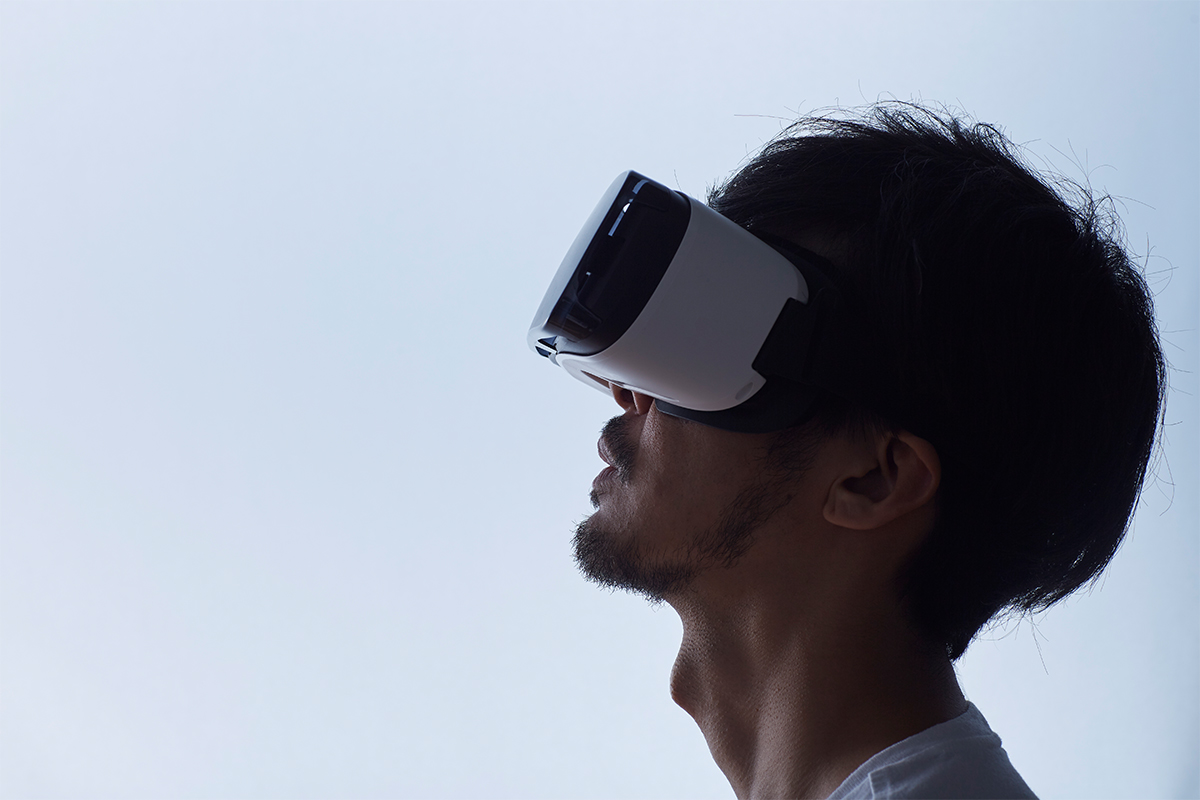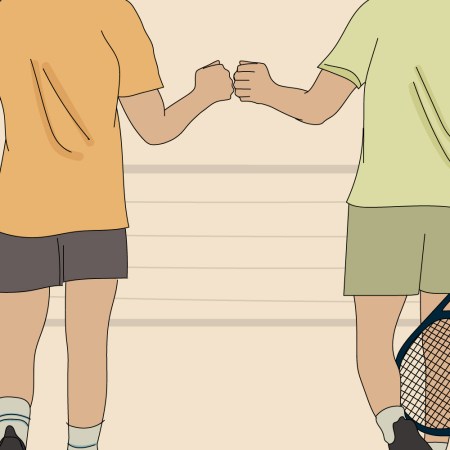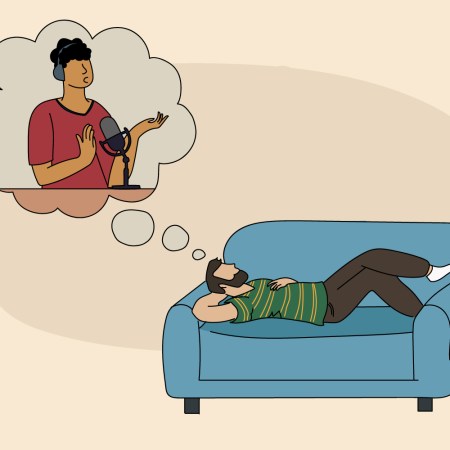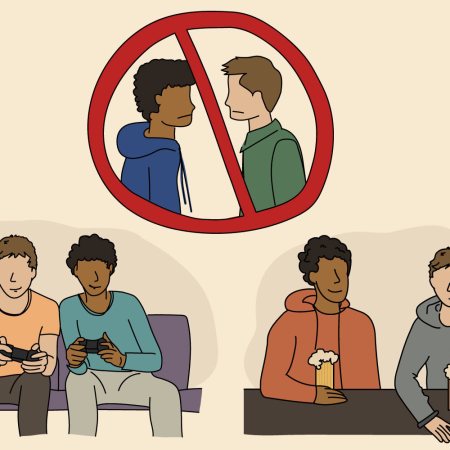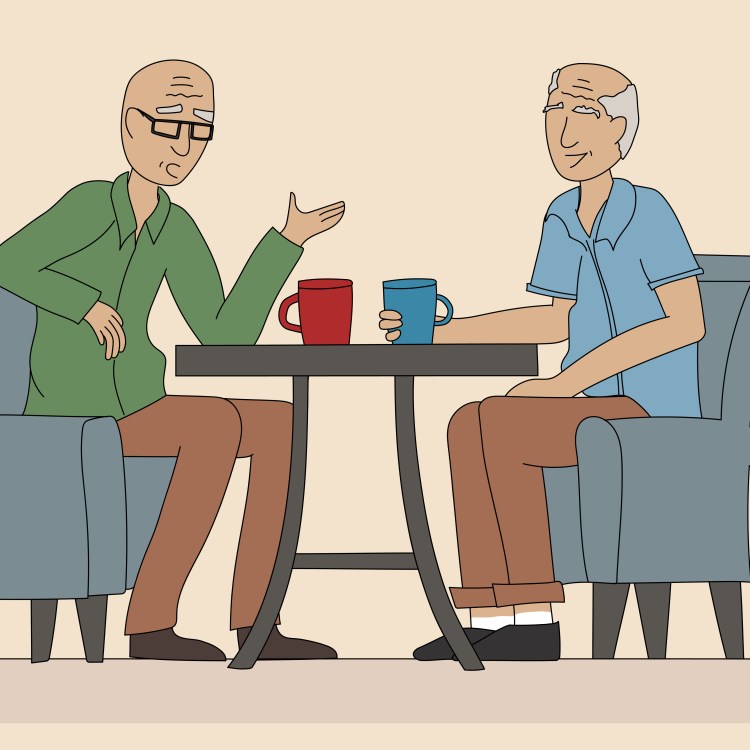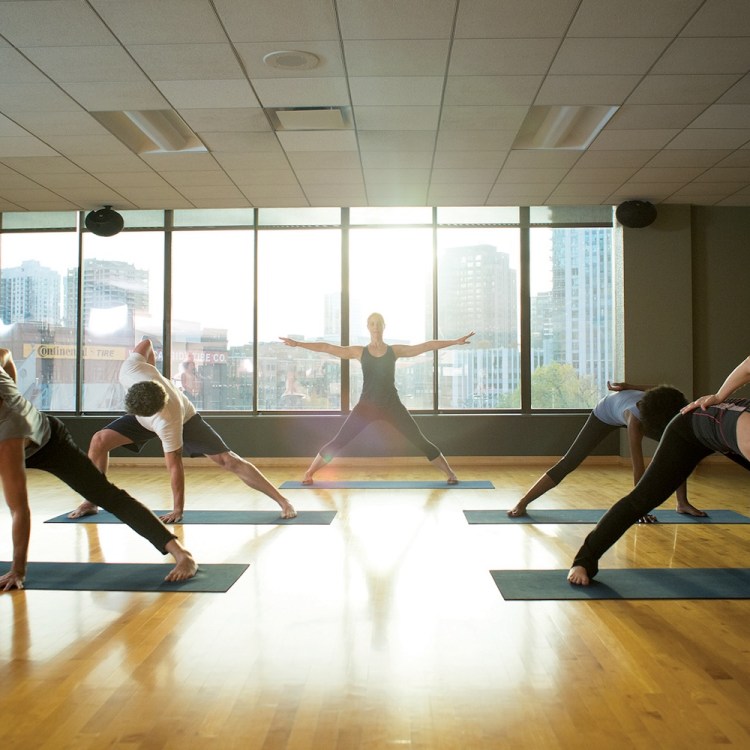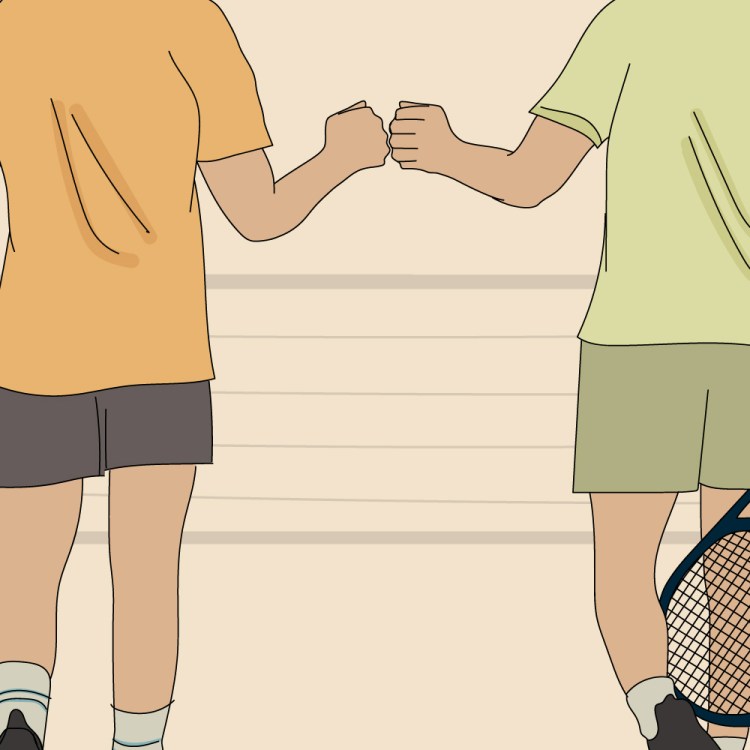In a recent report by The New York Times, a clinical psychologist at the Department of Veterans Affairs says that virtual reality is “ready for prime time to treat civilian trauma.” For almost a decade now, the VA has used VR to ease the dangerous, long-term effects of wartime trauma. Often, this involves recreating the exact sequence that caused a soldier’s PTSD — for instance, a firefight where a friend might’ve been lost.
Repeated exposure to this memory, research has shown, effectively demystifies it, coaxing out details that a soldier may have long buried in a corner of his or her brain. The experience is terrifying — the body becomes utterly convinced it is back in that moment — but over time, recreating this event can make it easier to process precisely what happened, and accept that it’s okay to move on from it.
This is the modern answer to a therapeutic technique called prolonged exposure, where triggers of a traumatic event are presented to patients in the hope that they will steadily become desensitized to their trauma. With VR, it’s just been upgraded to a three-dimensional experience, backed by expensive software.
Increasingly, though, that technology is becoming more democratic. Tech companies are selling apparatuses with pre-loaded programs to health care providers, and universities from Johns Hopkins to Central Florida are hosting treatment clinics. Credit the rise of the $300 headset, which is mostly known as a recreational device but could actually prove a crucial wellness tool.
It’s coming at the right time, too. One study, released earlier this year, found a PTSD epidemic brewing within the larger COVID-19 pandemic. Both survivors of severe coronavirus infections and frontline workers have struggled to process the events of the last year, in sobering numbers (over 20% for both). The stress goes well beyond the illness itself — it’s fueled by all the misfortune that gathered around COVID, too. Think: grief, foreclosures, divorce, job loss, hunger, domestic violence.
If there were ever a time for virtual reality therapy to go mainstream — especially after its success with American soldiers — it would be right now. And the possibilities are endless: VR could be used to help children confront bullies or adults who grapple with a fear of flying. The experiences also don’t need to simulate trauma; they could bring patients to somewhere comforting, like a sunny meadow or a waterfall-fed spring. Researchers caution that VR isn’t a panacea (of course), but for those who feel like they’ve run out of options, it could make a massive difference.
Whether you’re looking to get into shape, or just get out of a funk, The Charge has got you covered. Sign up for our new wellness newsletter today.
